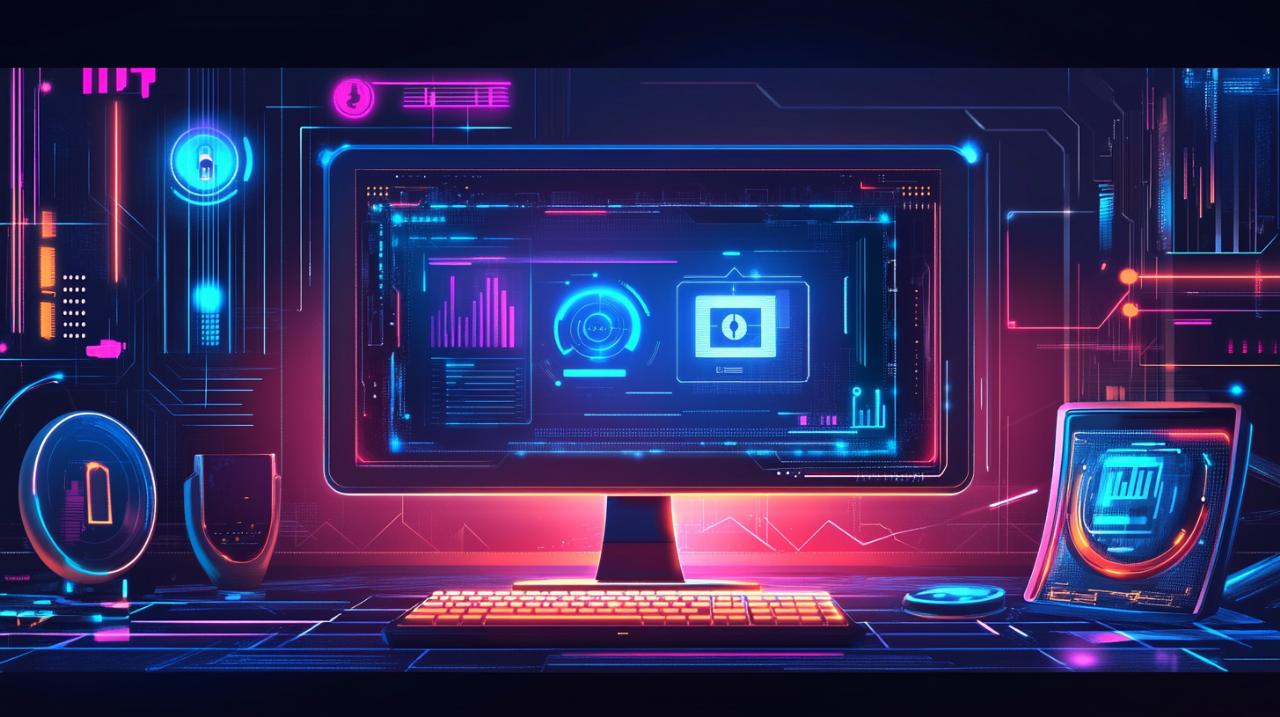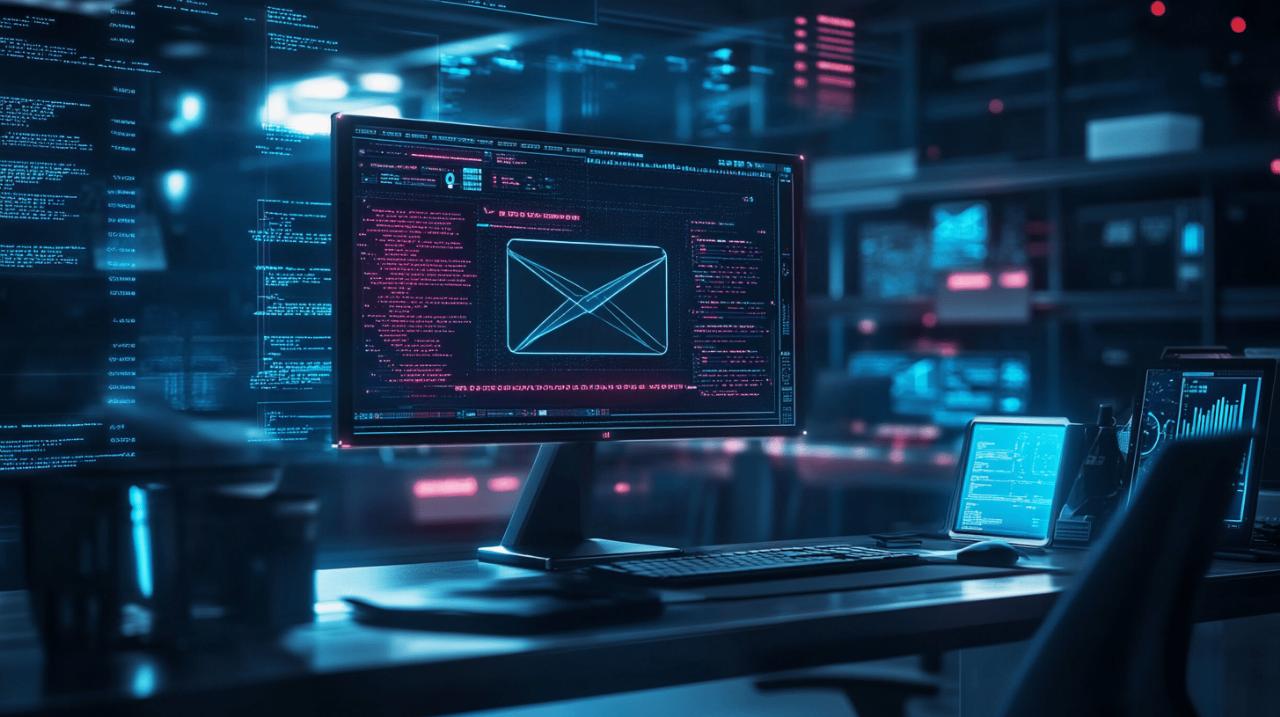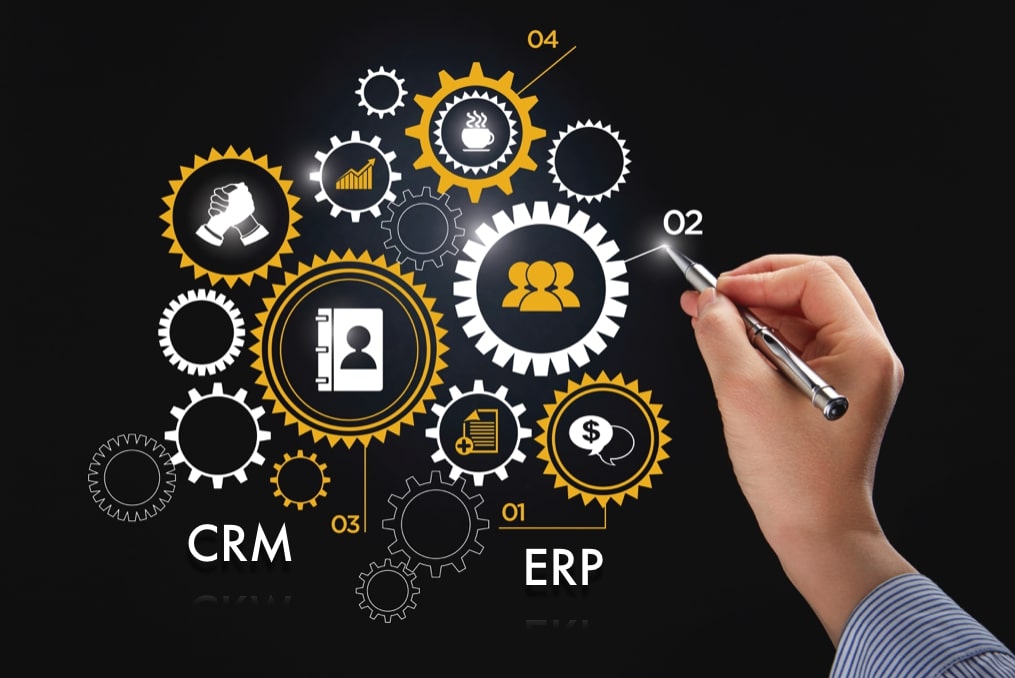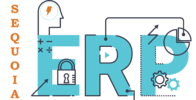ERP system - Enterprise resource planning
What is an ERP and what is it used for?
Enterprise Resource Planning (ERP) software standardize, streamline and integrate business processes across all departments of a company.

The Ultimate Privacy Upgrade: How Startpage Replaces Ixquick, the 100% Anonymous Search Engine, in 2024
In an era where digital privacy has become a precious commodity, the evolution of anonymous

Mastering Data Anonymisation: Google My Activity – How Do I Delete All Traces of My Activity on Google Across All Platforms?
Navigating the digital world often means leaving behind a trail of information that can feel

Building stronger client relationships through omnichannel digital interactions: voice, chat, video, messaging, and sms best practices
In today's fast-paced commercial landscape, establishing meaningful connections with clients requires more than simply offering
What is an ERP?
An ERP (Enterprise Resource Planning) is a software for managing. The enterprise system consists of several modules that manage each area of a company and automate its internal processes. The data generated is shared with all departments, resulting in a unified system.
An important objective of an ERP system is to integrate all the back-office processes of a company and to facilitate the flow of information within an organisation so that business decisions can be based on data.
ERP systems are designed to record and organize data, and link the activities of all departments within an organization. A comprehensive approach to ERP helps standardize and automate business processes and improve the efficiency of operations. In addition to saving time and money, it ensures that everyone works with the same data and observes the same key performance indicators (KPI).
The best ERPs are those that are in SAAS mode and use the cloud.

Last blog posts about ERP & CRM

The Ultimate Privacy Upgrade: How Startpage Replaces Ixquick, the 100% Anonymous Search Engine, in 2024

Mastering Data Anonymisation: Google My Activity – How Do I Delete All Traces of My Activity on Google Across All Platforms?

Building stronger client relationships through omnichannel digital interactions: voice, chat, video, messaging, and sms best practices

Amen webmail, notre avis sur ce webmail: privacy measures that stand out in 2023

Essential Photo Editing Tools: 7 Tips to Become a Relevant Fashion Blogger in 2023

Choosing the Best HTML Editor for Coding Beginners! 5 Git-Compatible Solutions
Which companies need an ERP system?
An ERP system is suitable for all types of companies, whether multinationals or SMEs. Moreover, thanks to the different customizable modules, any company, regardless of the different processes it has or the sector to which it belongs, can customize its own ERP. There are suppliers who specialise in implementing certain ERPs, either by product or by sector, and who achieve better results after the ERP has been acquired.
History of ERP
In 1990, Gartner created the term ERP to describe the evolution of the material requirements planning and manufacturing resource planning. Enterprise resource planning systems evolved rapidly during the 1990s in response to the Y2K problem and the introduction of the euro. Most companies saw the Y2K and euro changeover as a good opportunity to adopt enterprise resource planning systems. (ERP) and thus replace the multiple existing systems with one standardised set that could also solve these problems.

Comment fonctionnent un logiciel de gestion d’entreprise ERP et CRM ?
Les logiciels ERP et CRM sont parmi les outils de gestion d’entreprise les plus appréciés

Des doutes sur le choix d’un ERP, suivez nos étapes pour choisir un ERP
Choisir un ERP a toujours été une tâche complexe. Les entrepreneurs perçoivent l’ERP comme une

De quoi votre entreprise doit-elle tenir compte dans le choix d’un ERP ?
Il est très important de savoir choisir le bon ERP car les logiciels de gestion

What are the main features of ERP systems?
ERP systems vary in size, scope and functionality considerably. However, most ERP software has following characteristics :
Enterprise-wide integration. The business processes are integrated end-to-end in all departments and units commercial. For example, a new order triggers automatically a credit check, checks the availability of the products and updates the distribution program. Once the order shipped, the invoice is sent.
Real (or near real time) operations Such as the processes of the above example take place within seconds of the Upon receipt of the order, problems are quickly identified, which is why the
which gives the seller more time to correct the situation.
A common database. A common database is one the advantages of the ERP system. It allows you to record data one only once and make them available to every department.
Advantages of ERP systems
An ERP improves business performance in several ways. In particular:
Internal efficiency. ERP systems allow companies to reduce the time required to complete almost all processes commercials.
Improves decision making. ERPs foster collaboration by sharing data throughout the organization. Sharing data allows departments to spend their time analyzing the data, pulling conclusions and make better decisions.
Greater agility. Standardization and simplification enable to obtain less rigid structures. The company is more agile and can adapt quickly to situations.
Improved security. Although database security centralized is essential, it is more efficient and allows for greater control when it is centralized only when these data are dispersed over hundreds of servers, cabinets or computers in office.

Inconvenience of an ERP system
The most common disadvantage is the cost of ERP software. This is generally due to the level of customization required by an ERP system
to meet the needs of the company: the higher the level of personalization is high, the higher the price. In addition, some of the costs that an ERP system entails may appear after its installation and its purchase, the so-called hidden costs. A detailed description of these hidden costs, as well as examples and actual budget calculations for the most commonly used ERPs, can be found in the ERP Guide.
Another disadvantage to be taken into account when choosing a software package of integrated management is implementation. In some cases, the commissioning of equipment and preparation of the infrastructure may take too long. This can lead to delays in the internal operations of your company that may cause losses. However, there are cloud systems that can avoid this type of inconvenience by not having to be physically implemented in the company.

Des doutes sur le choix d’un ERP, suivez nos étapes pour choisir un ERP
Choisir un ERP a toujours été une tâche complexe. Les entrepreneurs perçoivent l’ERP comme une

Quelles sont les différences entre ERP et CRM ?
En quoi l’ERP et le CRM diffèrent et quels sont les avantages apportés par chacun

Si vous avez un ERP obsolète, un incident est assuré
Les cybercriminels savent que l’ERP est au cœur des affaires. La sécurité des informations de
What is the objective of implementing an ERP system?
ERP improves the effectiveness and efficiency of the company:
Integrating financial information
Without an integrated system, departments such as accounting, sales, etc. would use separate software tools, each of which would produce different revenue and expenditure figures. Employees would end up spending weeks balancing the numbers.
Integrating ordering
An ERP system coordinates order entry and production, inventory, accounting and distribution. It is much simpler and less prone to error with a single system than with a series of separate systems organizing each part of the process.
Provide customer information
Most ERP systems include CRM tools to track all customer interactions. By combining these interactions with information on orders, deliveries, returns, service requests, etc., information on customer behavior and needs is obtained.
Standardize and accelerate production
Manufacturing firms often find themselves with several business units that produce similar items but use different methods and computer systems. ERP systems can standardize and automate manufacturing and support processes. This standardization saves time, increases productivity and reduces the number of people required.
Standardize HR information
Many companies, particularly those with multiple business units, do not have a standard and simplified system to communicate with employees and track time and expenses. An ERP system, with a self-service portal, allows employees to manage their own personal information. It also facilitates the reporting, expense tracking, vacation requests, etc. and leave, training, etc. By recording information, such as diplomas, certifications and work experience, in a human resources repository, it is easier to identify the profiles that best match the required competencies.
Normalize purchases
In the absence of an integrated procurement system, analyzing and tracking purchases across the enterprise is a challenge. Large companies often find that different business units purchase the same product without receiving volume discounts. ERP purchasing tools allow you to identify the products and services most commonly used in your business and negotiate with suppliers.
Facilitate the presentation of documentation to management
An ERP integrated with the accounting department, among other things, generates the documents needed to comply with tax obligations.
Looking for help ?
Get in touch with us !
